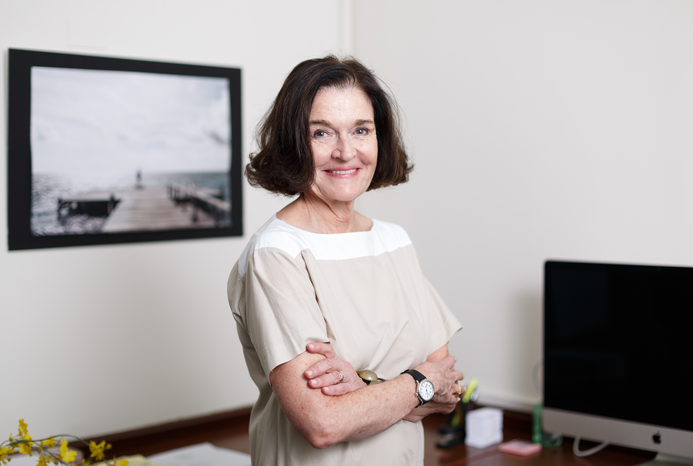
A Weill Cornell Medicine-led consortium has been awarded a five-year, $14.7 million renewal grant from the National Institute on Aging of the National Institutes of Health for a research Center focused on employing emerging and existing technologies to help promote the well-being, quality of life and independence of diverse populations of older adults and provide support for older adults with cognitive impairments.
Initially funded in 1999, the goal of the “Center for Research and Education on Aging and Technology Enhancement” (CREATE) is to ensure that older adults can use and realize the benefits of technology for improving daily living. Through four previous versions of CREATE, the landscape of aging and technology has changed dramatically.
“We’ve matured and have a greater understanding of the issues and the nature of the populations we’re working with,” said lead principal investigator Dr. Sara Czaja, professor of gerontology in medicine at Weill Cornell Medicine. “Technology is increasingly being considered as a solution for the support needs of aging adults, and more technology products are marketed to seniors.”
Like prior versions of CREATE, CREATE V is collaboration with Florida State University, University of Miami and University of Illinois at Urbana-Champaign. Its expanded footprint now also includes researchers from three Cornell campuses: Weill Cornell Medicine, including those with appointments in the Division of Geriatrics and Palliative Medicine, the departments of Neurology and Population Health Sciences, and Information Technology and Services; as well as Cornell Tech and Cornell Ithaca.
Given that age is a significant risk factor for cognitive impairments such as mild cognitive impairment (MCI) and Alzheimer’s Disease/Alzheimer’s Disease Related Dementias, CREATE V will expand its target populations to include older adults with MCI and involve three integrated cross-site projects. With a focus on enhancing cognitive health, social engagement and preventing cognitive impairment, the first study will look at how virtual reality technology can be used to foster cognitive and social engagement among aging adults.
“The large, multi-site study is unique because it will involve older adults using virtual reality in their home environments,” Dr. Czaja said. It will be one of the largest randomized controlled trials of virtual reality in home settings.
The second CREATE V project will focus on providing support for adults with MCI, using innovative technologies to assess further cognitive decline, such as conversion to Alzheimer’s disease or related dementias. “We will be collaborating with the IBM Watson Research Center to develop a speech analysis software support tool that will engage older adults in storytelling,” Dr. Czaja said. The aim of the tool will be to help detect changes in cognitive status.
The third research project will focus on developing digital assistant tools to help older adults with cognitive impairments manage healthcare tasks, such as enrolling in Medicare/Medicaid.
All three large-scale research projects will be conducted across sites in New York, Florida and Illinois to collect data on a variety of characteristics from a diverse population of older adults. CREATE V will also include an expanded pilot research program to support new research and investigators.
To enhance the collective understanding of aging adults and technology interactions, Dr. Czaja and her team hope to broadly disseminate the findings, protocols and tools of CREATE V to a worldwide audience, including the research, business and design communities.
“Our specific aims are to understand how we can harness the power of technology to maintain, support and foster the emotional, cognitive and physical health of aging adults, to ultimately enhance their independence, wellbeing and quality of life,” Dr. Czaja said. “These are complex issues, but it’s very exciting.”
